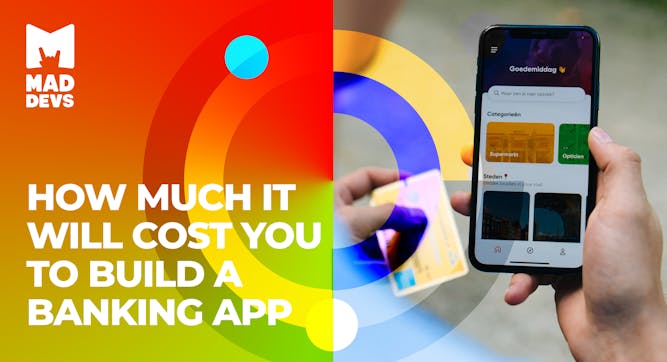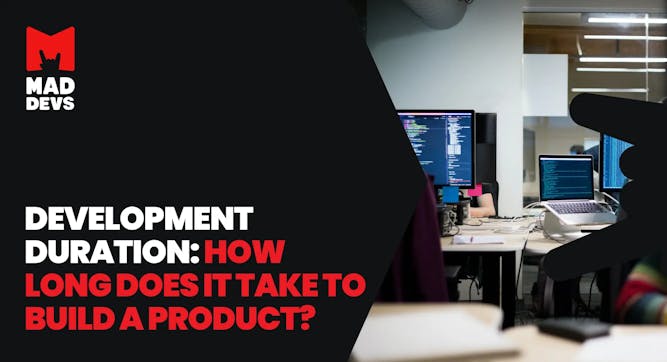Tony transforms startups and SMBs into more efficient and profitable entities. He practices the agile approach to project delivery combined with the Theory of Constraints (ToC) tooling and Business Modeling practices to refine delivery processes, identify bottlenecks, and manage complex environments to achieve sustainable results such as increased profits, decreased staff turnover and burnout rates, and shortened project delivery time.
Currently, Tony leads the Mad Devs delivery department, successfully combining 10 years of experience in business modeling and agile management with 4 years of professional technical expertise in backend development.
Tony successfully launched several fintech startups in the USA and SEA markets and worked on project delivery for an international bank in the Central Asian region.
He started his Mad Journey as a backend developer transitioning from a traditional job as a head of the SIDP program at the American University of Central Asia. After gaining hands-on skills and experience in software development, he turned back to management and became one of the delivery managers focusing on fintech startups.
Tony obtained his scrum master certification from Scrum.org and ToC Fundamentals certification from ToCICO.org.
About
Education
American University of Central Asia
Bachelor's degree in Business Administration
Industries
Fintech
EdTech
Cloud Solution
Transportation
Digital transformation
Blockchain and Crypto










